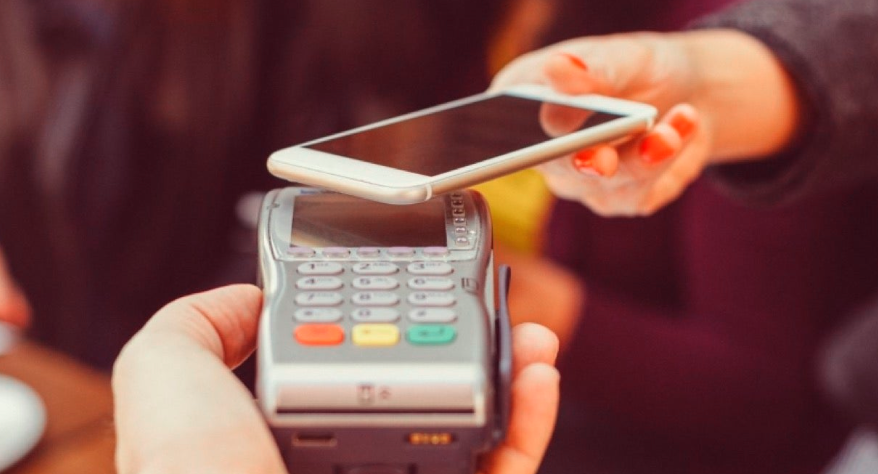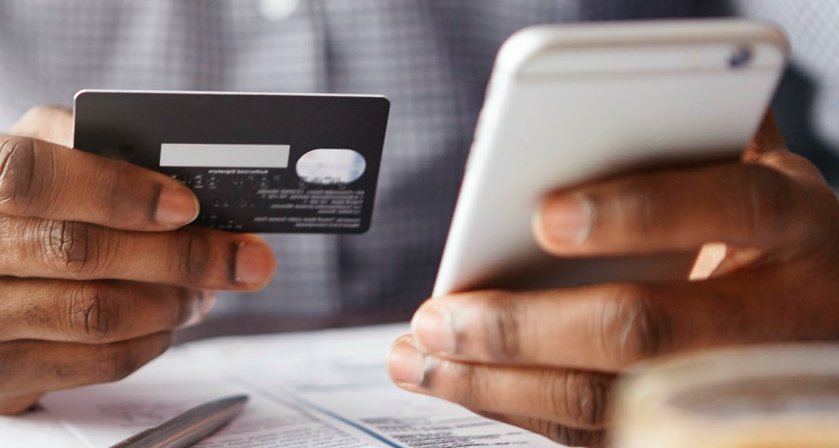Guide to PayPal Alternatives
Jan 05, 2024 By Triston Martin
PayPal, the leader in online money management, was founded in 1998 by a group of software superstars that included Elon Musk, Max Levchin, and Peter Thiel. eBay acquired PayPal in 2002.
At $227 billion in volume, PayPal processed 22% of all mobile payments in 2021. PayPal may expand rapidly, but it is still far from being the only game in town.
Lessons Learned In 2021, PayPal processed 22% of all online transactions and $227 billion in mobile payments. Transactions are more secure thanks to PayPal, which does not reveal buyers' financial details to vendors and constantly monitors activity.
Venmo, Apple Pay, Stripe, and Skrill are all viable alternatives to PayPal. Forbes claims that by 2022, Square will become the most used payment method for online businesses.
Features Central to PayPal

PayPal stands out from other online payment options due to the breadth and depth of its platform. Here are some of the benefits of using PayPal (PYPL):
You can use PayPal to buy whatever you want from any of the millions of online retailers in the United States or any other 203 countries where it is accepted. With PayPal, you can set up automatic monthly payments for subscriptions and utility bills.
Donating to causes or making a purchase using PayPal does not cost anything, nor does use the service unless you need to convert currencies. The average PayPal-facilitated purchase at a storefront nets the company 3.9% in fees.
Although PayPal is the most well-known name in the realm of digital currency, there are many more options for making purchases online that consumers are increasingly adopting. In contrast to PayPal, which virtually all online stores accept, a select few only accept Skrill.
Skrill is a wonderful alternative because there are no fees associated with making a deposit, withdrawing, or receiving money. The second option is Payoneer, which, like PayPal, is accepted in more than 150 countries worldwide.
A Payoneer account is free of charge and allows you to have funds sent straight into your regular bank account. The alternative arrangement is a prepaid card that charges its users $29.95 per month and can only be used by people.
Google Pay Send is free to set up.

Google Pay Send is free to set up and cancel and works with Android and iOS devices. Google Pay Send gives you access to several useful tools for managing your company and implementing loyalty programs, among other benefits.
Stripe This service is restricted to businesses in the United States and Canada, but it accepts payments from anywhere in the world. Stripe's transaction fees are 2.9% plus 30 cents, which is easy to understand.
Instead of directing customers to an external site like PayPal, the Stripe checkout process can be housed directly in the business owner's location.
Funds are transferred instantly to an external bank account via the Stripe platform. Several apps and websites, including Uber and GrubHub, accept Venmo as payment. 5.
If you want to withdraw money, it may take a few business days for the funds to arrive in your bank account. For a cost of 1%, with a minimum of $0.25 and a maximum of $10, Venmo allows you to transfer funds immediately.
There are no recurring costs associated with using Venmo
Venmo contains popular features from social networks, including likes, comments, and messages linked to each payment. Like PayPal's availability, Apple Pay is accepted by over 85 percent of retailers in the U.S There are no transaction fees associated with using Apple Pay in-store, online, or within the Apple App Store.
When purchasing from a business or website that accepts Amazon Pay, you won't have to worry about additional fees, like membership or transaction costs, or fees for converting currencies.
Does PayPal Offer Buyer Protections?
Because PayPal does not disclose customer credit card details to merchants, your online purchases are more likely to be safe with this service. In cases of possible fraud or disputes, PayPal will freeze the account until the matter is resolved.
A Cryptocurrency Payment Gateway: What Is It? Like the gateways used by banks and credit card companies, bitcoin payment gateways execute transactions using digital currencies. You can instantly get fiat dollars using cryptocurrency gateways in return for digital money.
There are numerous competitors to PayPal in the expanding digital money field for payments systems; by 2021, PayPal had captured 22% of all online transactions. Other players in this space include Square, Venmo, and Amazon Pay.








